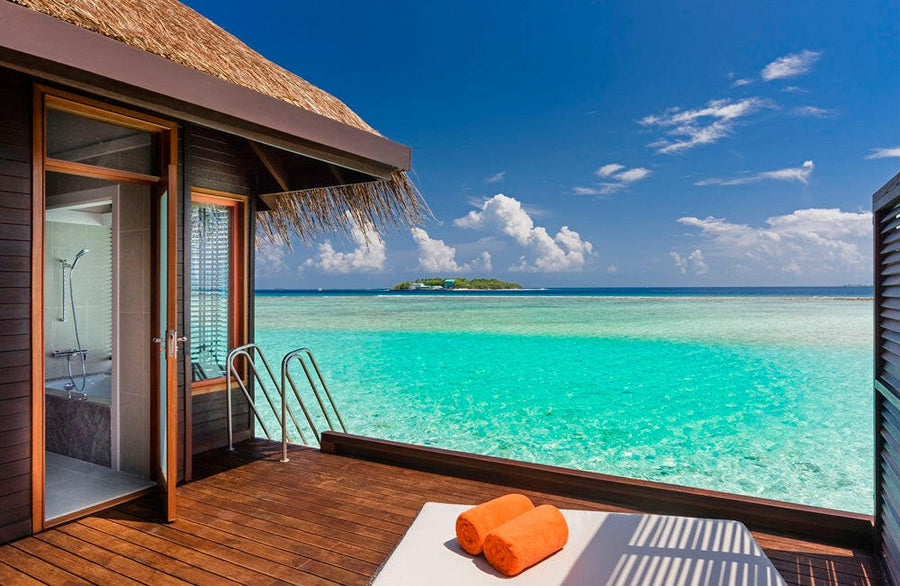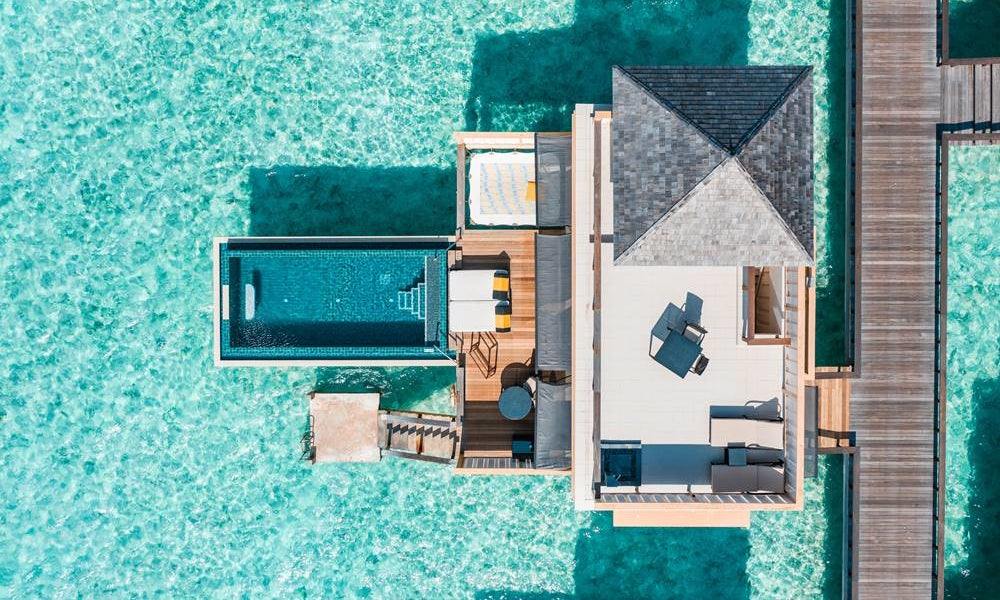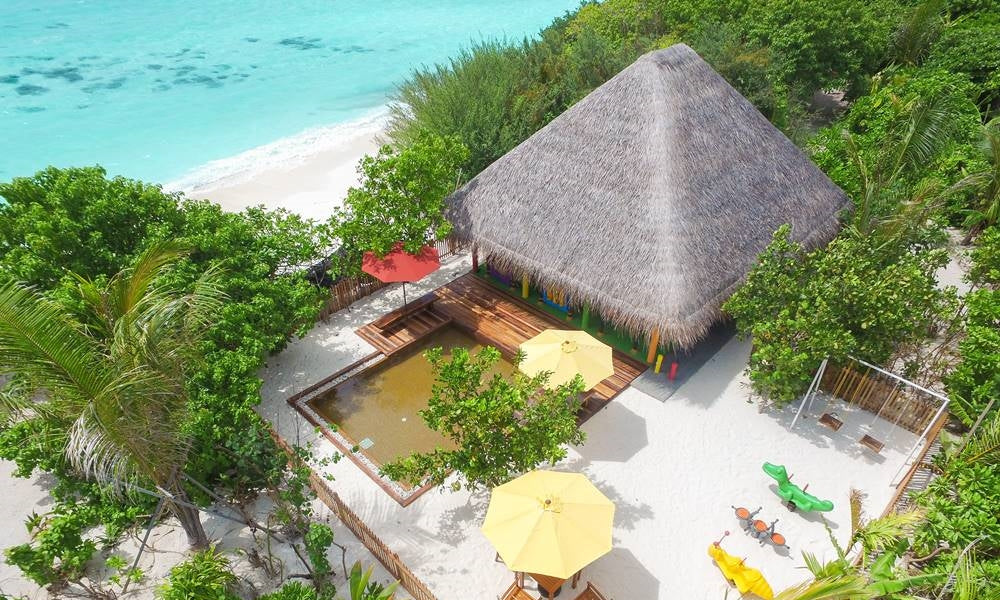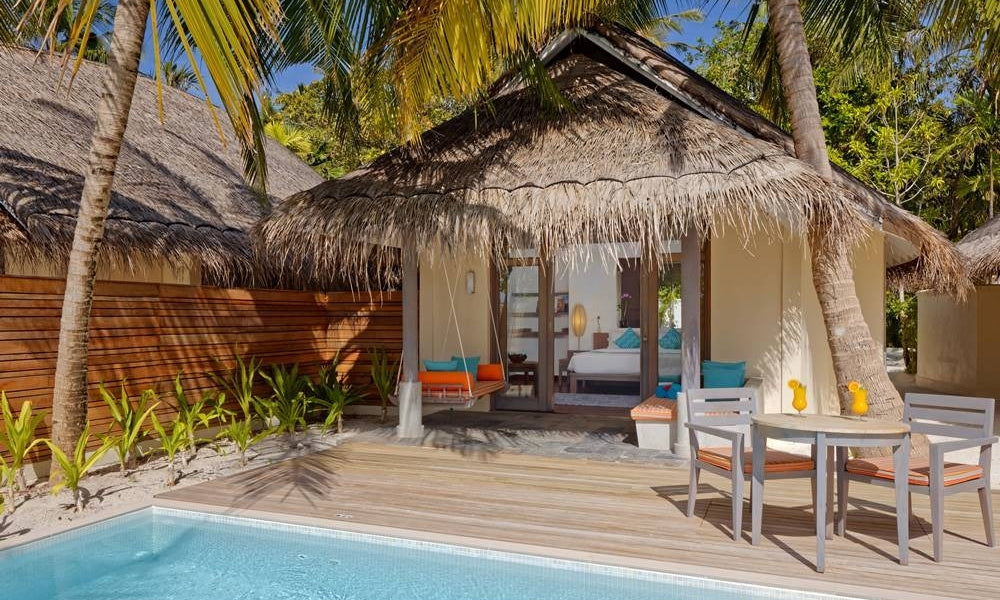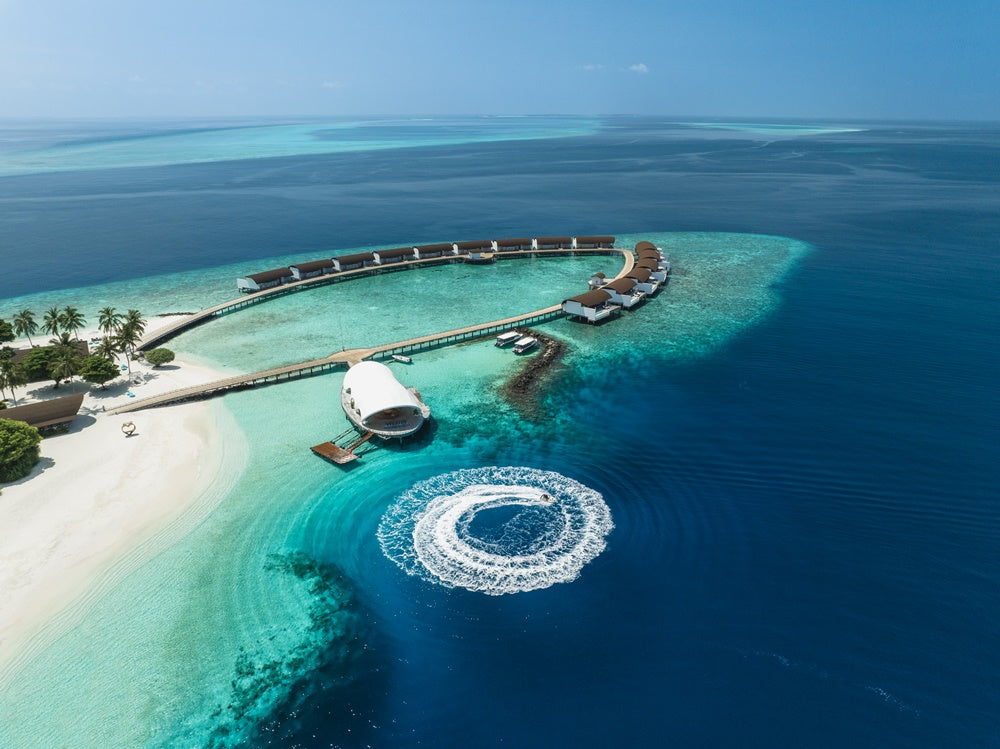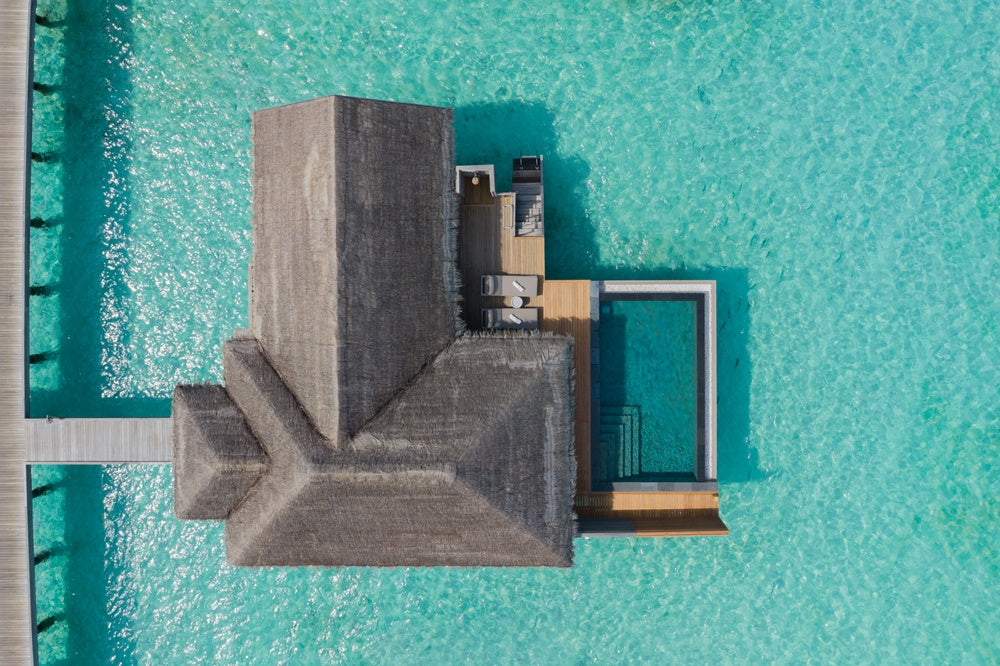Maldives further eases Covid-19 restrictions; new rules come into effect today
The Health Protection Agency (HPA), this week, announced new eases to Covid-19 restrictions, including opening up resorts to locals and lifting quarantine rule for locals returning from abroad.
As per the new eases which will come into effect on December 20, locals and persons with work visa traveling from abroad to the Male’ region will not be required to quarantine, but must produce a PCR negative test obtained within 96 hours from the first port. Children below the age of one are exempted from this.
Isolation rules and more
While they are not required to quarantine, a 10-day isolation period is recommended. Locals and persons with work visa who return from abroad and are traveling to inhabited islands and resorts have to undergo a 10-day quarantine period and will only be released with PCR negative result. Further, the new eases also give room for local tourism with resorts to be allowed to welcome local tourists. According to the eases, those traveling to resorts for short-time work and as local tourists must have a PCR negative test that was done not more than 72 hours by the time of departure. They should be provided accommodation and food must be arranged separate from resort staff. Further, they are to observe a 10-day quarantine period “if traveling to any other area than greater Male’ after staying at the resort”, press release mentioned.
Decrease in cases
Individuals returning from abroad to any part of the country as well as those traveling from outlying islands and resorts from the Male’ region are currently required to quarantine for 10 days; this was shortened from 14 days earlier this month. Those traveling to Male’ from residential islands are not required to quarantine. This is part of the efforts to control the spread of Covid-19 in island communities, as well as because a majority of the total cases confirmed across the country are in the capital region. Maldives first Covid-19 cases were confirmed from a resort in March, and a community transmission was detected on April 15. This led to a complete lockdown in the capital, as well as a partial lockdown across the country with travel between islands banned. However, there has been a gradual decrease in daily cases since September.

